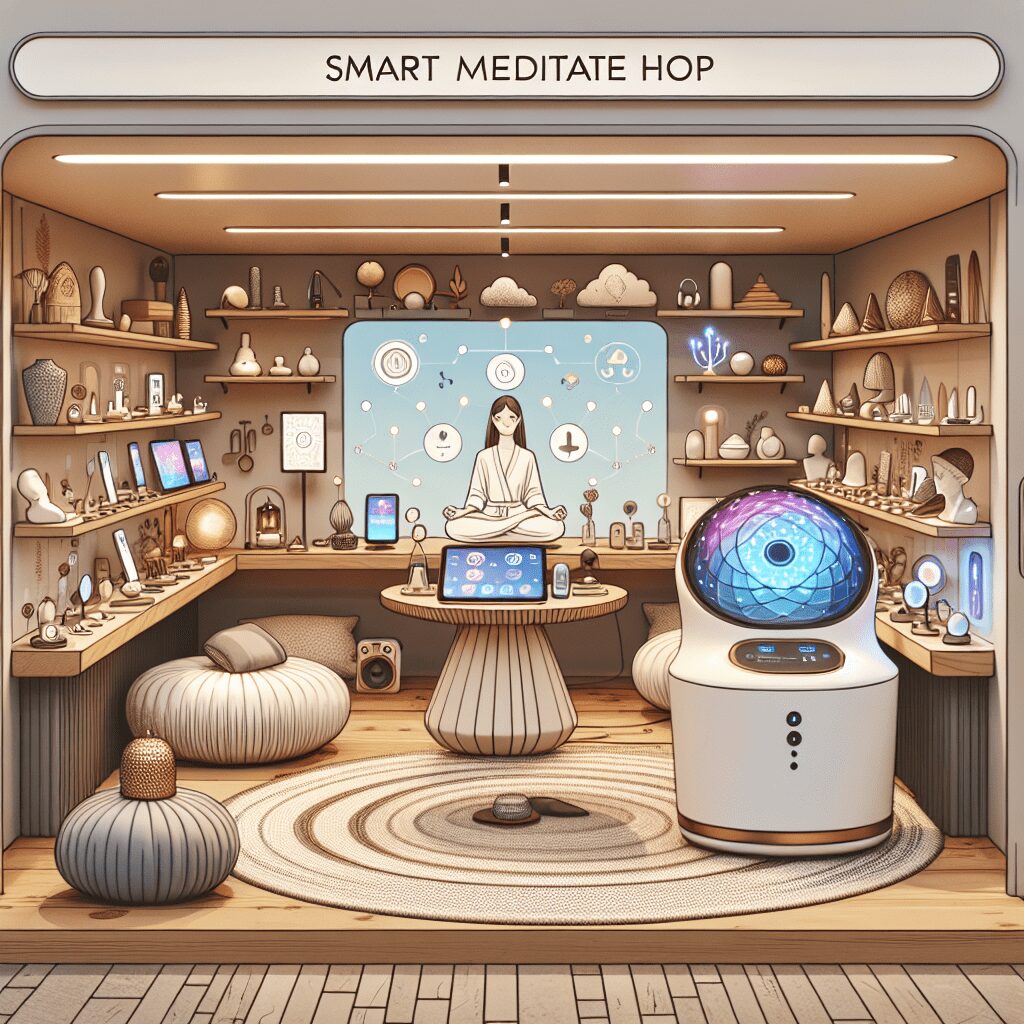
Prioritize your mental well-being daily. Enhance your life by nurturing your mental health with the Smart Meditation app. Break free from stress, alleviate anxiety, and enhance your sleep quality starting today.
Is Xanax Addictive Mayo Clinic?
Unraveling the Enigma: Is Xanax Addictive?
In the ever-evolving landscape of medical knowledge, the query about Xanax’s addictive potential necessitates a deep dive. Xanax, a brand name for alprazolam, belongs to a class of medications known as benzodiazepines. It’s like a knight in shining armor for those battling with anxiety disorders and panic attacks, swooping in to provide relief. However, it’s this very efficacy that raises eyebrows about its addictiveness. Let’s navigate this delicate terrain, shall we?
The Straight Dope on Xanax: Unveiling Its Addictive Nature
Ah, Xanax! A household name in the realm of psychiatric medications, it’s as ubiquitous as it is scrutinized. According to insights from the Mayo Clinic, a beacon of medical wisdom, Xanax indeed harbors potential for addiction. But here’s the kicker – it’s a bit of a Jekyll and Hyde scenario.
-
Therapeutic Angel or Addictive Demon? At its core, Xanax is designed to pacify the tempest of anxiety and panic. Its modus operandi involves sedating the central nervous system, which, in layman’s terms, is like hitting the “chill” button on your brain’s control panel. However, the very mechanism that makes it a panacea for nerves can lead to dependence, especially with long-term use or at high doses.
-
The Contextual Dance: The Mayo Clinic opines that the likelihood of addiction hinges on several factors. Are we talking short-term relief or a long-haul treatment? Is the user sticking to the prescribed dosage or venturing into the murky waters of misuse? The plot thickens, as the context plays a pivotal role.
-
Risk Factors Aplenty: Here’s the lowdown – certain red flags increase the gamble of addiction. History of substance abuse? Check. Long-term use? Check. High doses? Check again. It’s as if these factors form a notorious gang, conspiring to push Xanax from the territory of therapeutic use into the realm of dependence.
A Path Forward: Navigating the Tightrope
Now, don’t let the specter of addiction cast a shadow on the undeniable benefits of Xanax for those in need. The key lies in wielding this potent tool with care and precision.
-
Prescription: A Double-Edged Sword: Always under the watchful eye of a healthcare professional, Xanax can be a beacon of hope. This isn’t about cavalierly popping pills, but about following a meticulously charted course, with regular check-ins and an exit strategy in place.
-
Awareness and Advocacy: Equipping oneself with knowledge is half the battle. Knowing the early signs of dependence allows users and their loved ones to seek intervention posthaste.
So, is Xanax addictive? In a nutshell, yes, but it’s not a foregone conclusion for everyone. Adhering to the guidelines of medical professionals and staying attuned to one’s own body and mind can help mitigate the risks. At the end of the day, Xanax is a tool in the medical arsenal, potent yet manageable with the right approach.




